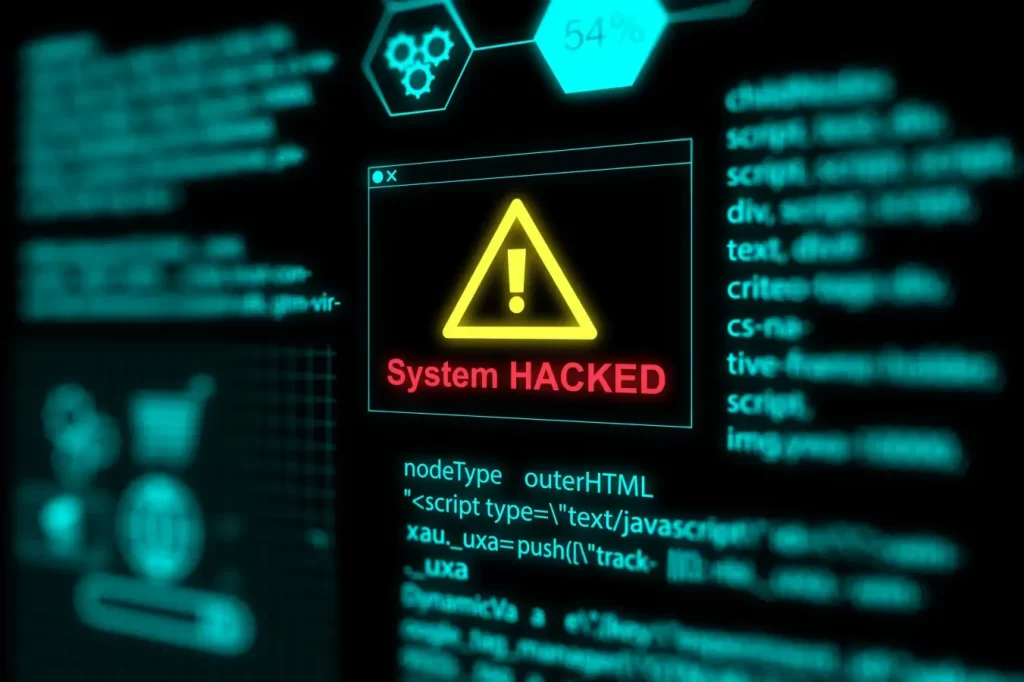Phone phreaking, a subculture that emerged in the mid-20th century, represents a fascinating intersection of technology, rebellion, and innovation. At its core, phone phreaking involves the manipulation of telephone systems to make free calls or explore the inner workings of telecommunication networks. This subculture began in the 1950s and 1960s, when enthusiasts discovered that by using simple electronic devices known as blue boxes, they could exploit the analog phone system’s signaling tones to bypass billing and control mechanisms. The initial motivations were often centered on curiosity and a desire to understand the technology rather than malicious intent. The earliest phreakers, such as those who were part of the Homebrew Computer Club in Silicon Valley, were typically tech-savvy individuals who enjoyed the challenge of breaking down complex systems. They would create or modify devices to generate specific frequencies that could manipulate the phone system’s inbuilt mechanisms. This underground community developed its own jargon, with terms like phreaking and blue box becoming part of their lexicon.

The thrill of discovery and the community aspect were significant drivers for these pioneers. They saw themselves as digital explorers, pushing the boundaries of what was technologically possible. However, as technology evolved, so did the nature of phone phreaking. By the 1970s and 1980s, the rise of digital telecommunications and the introduction of advanced security measures made traditional phreaking techniques less effective. Despite this, the legacy of phone phreaking endured and even influenced the broader hacker culture. Many early phreakers transitioned into roles as ethical hackers or security experts. The skills and knowledge they developed in the realm of phone systems provided a strong foundation for understanding and securing other forms of digital communication. The transition from phone phreaking to ethical hacking highlights a significant evolution in the subculture. Ethical hackers, unlike their predecessors, work within legal frameworks to identify and fix vulnerabilities in computer systems. They use their expertise to enhance security rather than exploit it, reflecting a shift from rebellious exploration to constructive application.
The skills honed by phreakers found new purpose in the growing field of cybersecurity, demonstrating how subcultures can evolve and contribute positively to technological advancement. In modern times, the legacy of phone phreaking is evident in the ethos of today’s hacker communities. The curiosity-driven exploration of technology, combined with a deep understanding of system vulnerabilities, remains a common thread. Many of the early phreakers are celebrated as pioneers who laid the groundwork for contemporary cybersecurity practices. Their journey from enthusiastic explorers to respected security professionals underscores a broader narrative about how technological subcultures can influence and shape the future of technology. Overall, the subculture of phone phreaking represents a unique blend of technical ingenuity and rebellious spirit. It serves as a reminder of the power of curiosity and the importance of ethical considerations in technological exploration. From its origins as a fringe activity to its impact on modern cybersecurity, phone phreaking history illustrates the evolving relationship between technology and those who seek to understand and improve it.
